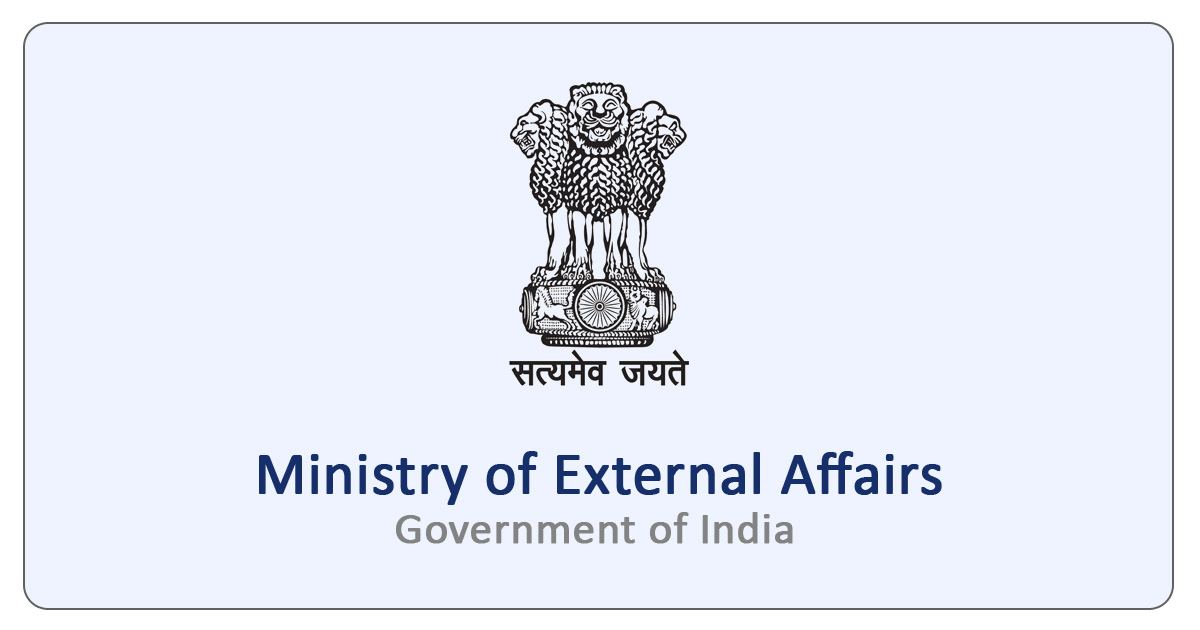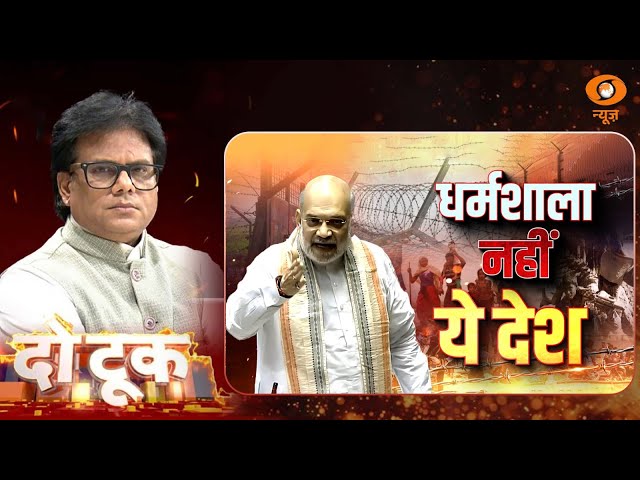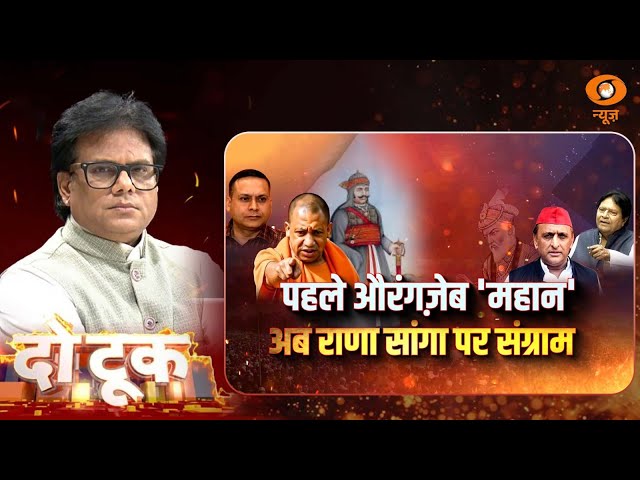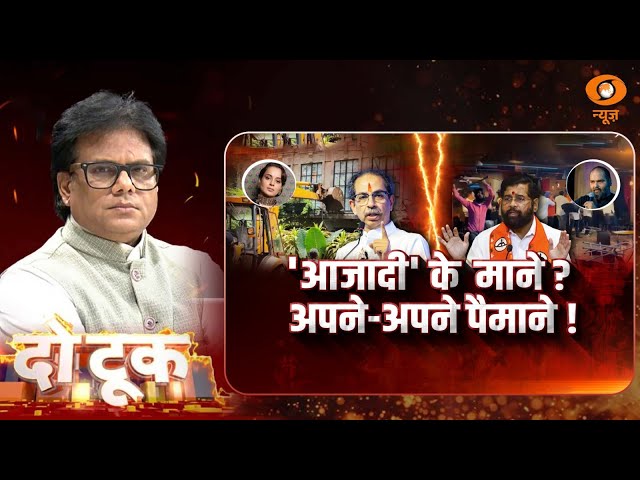The Ministry of External Affairs (MEA) criticized Canada for failing to act on multiple extradition and provisional arrest requests over the past decade, accusing the country of harboring criminals and anti-India elements despite repeated appeals for cooperation.
Speaking at a press conference on Thursday, MEA spokesperson Randhir Jaiswal revealed that India currently has 26 extradition requests pending with Canada. “Over the last decade or more, there have also been several requests for the provisional arrest of criminals, all of which remain unaddressed,” Jaiswal said.
Among those sought for extradition are terror suspects and gang members such as Gurjeet Singh, Gurjinder Singh, Gurpreet Singh, Lakbir Singh Landa, and Arshdeep Singh Gill, all wanted for serious crimes including terrorism.
Jaiswal also pointed to India’s concerns about the Lawrence Bishnoi gang, sharing that detailed intelligence and security-related information about its operations had been passed on to the Canadian authorities. “We have requested the Canadian side to act on these individuals under their law, but so far, no action has been taken. This is a serious concern,” he emphasized.
The MEA spokesperson called out what he described as a contradiction in Canada’s stance. “It’s strange that individuals we asked to be deported are now being blamed by the Royal Canadian Mounted Police (RCMP) for criminal activities in Canada. Yet, somehow, India is being held responsible for those crimes. This is an inconsistency that cannot be ignored,” he said.
The diplomatic fallout worsened after Canadian Prime Minister Justin Trudeau linked Indian diplomats with Lawrence Bishnoi’s gang, alleging they were gathering intelligence on Canadians. Trudeau had also previously blamed India for the killing of Hardeep Singh Nijjar, a designated terrorist shot dead outside a Gurdwara in Surrey in June 2023.
Trudeau testified that his government had tried to engage India privately before making public allegations about the Nijjar killing. However, he admitted during an inquiry that Canada had shared intelligence, not hard evidence, with India to support its claims.
Following escalating tensions, Canada labelled India’s High Commissioner and other diplomats as “persons of interest” in the Nijjar case. India responded by recalling its High Commissioner and five diplomats from Canada, citing concerns over their safety.
“We summoned Canada’s acting High Commissioner to convey that we have no confidence in the Canadian government’s ability to ensure the safety of our diplomats. Hence, we took the decision to withdraw our personnel,” Jaiswal said, adding that the withdrawal was completed before Canada officially requested their departure.
The India-Canada relations have been strained ever since Trudeau publicly accused India of involvement in Nijjar’s killing. India has dismissed the allegations as “absurd and motivated,” while criticizing Canada for providing a safe haven for extremists and anti-India elements.
Nijjar, who held Canadian citizenship, had been designated a terrorist by India’s National Investigation Agency in 2020 for his involvement in pro-Khalistani activities.
(Inputs from ANI)




















